You know when the first Christmas shop opens (take a bow Brown Thomas, opening on 16 August), everyone opines ‘it’s too early, sure it’s not Halloween yet’. There is, however, something magical about an Irish Christmas, which is practically impossible to recreate when living abroad. So this weekend we had Christmas dinner with all the trimmings, so that my visiting Australian nephew and nieces could have a better appreciation of what their mother laments for each 25 December.
I was lucky to be able to rely on my local butcher and friend, Edward O’Brien in Mullinahone, to source the smoked ham that I had forgotten to order. On Saturday morning I was handed what really was a superb piece of meat, all 7.8kg of it. Edward had sourced it from Crowes in Dundrum, traditionally smoked in a smoke house, he told me, and without blowing my own trumpet, the ozzies championed ‘Auntie Mimi’s meat’ as the highlight. This meal was substantial and we will be eating it for a week, and hopefully all of it will be consumed and none wasted.
The visiting sister and I started talking about this topic of food waste and the problem that it creates. Her contribution to a solution being the purchase of vegetables from Woolworth’s the Odd Bunch, this retailer’s misshapen fruit and veg brand. The UN claims that “if food waste was a country, it’d be the third biggest emitter of greenhouse gases globally”. In Ireland alone, over 1m tonnes of food waste is disposed of each year, with one third of this coming from households – of which up to 80% is avoidable, or potentially avoidable. Studies from the FAO show that food waste arises at all stages of food supply chains. Unsurprisingly, in high-income regions volumes of wasted food are higher in the processing, distribution and consumption stages, whereas in low-income countries, food losses occur in the production and post-harvesting phases.
When I was involved with IFA’s pigmeat DNA programme, I would purchase large volumes of pig meat, rashers and hams predominantly, to test to validate its origin. This involved scratching the surface of the meat and sending this tiny sample to the lab. I would be left with these open packets of meat, untouched except for the scratch, and I admit I struggled to find homes for them. I called the charities but they couldn’t take it as it was no longer sealed and posed a food safety risk. Suffice to say, the importance of a company like FoodCloud, whose CEO Aoibheann O’Brien was featured in last week’s 20 minute interview in the Irish farmers Journal, is vital to achieving a reduction in food waste at the industry level. We can all make a difference by being more cognisant of what we buy and what we eat, and there is loads of information available on stopfoodwaste.ie.
After 11 years of his weekly sports column, Emmett Moloney has moved on from being the ‘fella who writes for the Journal’ to pastures new. I want to thank him for his contribution and wish him the very best of luck in his new career. Sport will return in the coming weeks, so please bear with us in the interim. CL
Read more
Home absence highlights a requirement to re-prioritise time
Food choices drive food politics
You know when the first Christmas shop opens (take a bow Brown Thomas, opening on 16 August), everyone opines ‘it’s too early, sure it’s not Halloween yet’. There is, however, something magical about an Irish Christmas, which is practically impossible to recreate when living abroad. So this weekend we had Christmas dinner with all the trimmings, so that my visiting Australian nephew and nieces could have a better appreciation of what their mother laments for each 25 December.
I was lucky to be able to rely on my local butcher and friend, Edward O’Brien in Mullinahone, to source the smoked ham that I had forgotten to order. On Saturday morning I was handed what really was a superb piece of meat, all 7.8kg of it. Edward had sourced it from Crowes in Dundrum, traditionally smoked in a smoke house, he told me, and without blowing my own trumpet, the ozzies championed ‘Auntie Mimi’s meat’ as the highlight. This meal was substantial and we will be eating it for a week, and hopefully all of it will be consumed and none wasted.
The visiting sister and I started talking about this topic of food waste and the problem that it creates. Her contribution to a solution being the purchase of vegetables from Woolworth’s the Odd Bunch, this retailer’s misshapen fruit and veg brand. The UN claims that “if food waste was a country, it’d be the third biggest emitter of greenhouse gases globally”. In Ireland alone, over 1m tonnes of food waste is disposed of each year, with one third of this coming from households – of which up to 80% is avoidable, or potentially avoidable. Studies from the FAO show that food waste arises at all stages of food supply chains. Unsurprisingly, in high-income regions volumes of wasted food are higher in the processing, distribution and consumption stages, whereas in low-income countries, food losses occur in the production and post-harvesting phases.
When I was involved with IFA’s pigmeat DNA programme, I would purchase large volumes of pig meat, rashers and hams predominantly, to test to validate its origin. This involved scratching the surface of the meat and sending this tiny sample to the lab. I would be left with these open packets of meat, untouched except for the scratch, and I admit I struggled to find homes for them. I called the charities but they couldn’t take it as it was no longer sealed and posed a food safety risk. Suffice to say, the importance of a company like FoodCloud, whose CEO Aoibheann O’Brien was featured in last week’s 20 minute interview in the Irish farmers Journal, is vital to achieving a reduction in food waste at the industry level. We can all make a difference by being more cognisant of what we buy and what we eat, and there is loads of information available on stopfoodwaste.ie.
After 11 years of his weekly sports column, Emmett Moloney has moved on from being the ‘fella who writes for the Journal’ to pastures new. I want to thank him for his contribution and wish him the very best of luck in his new career. Sport will return in the coming weeks, so please bear with us in the interim. CL
Read more
Home absence highlights a requirement to re-prioritise time
Food choices drive food politics




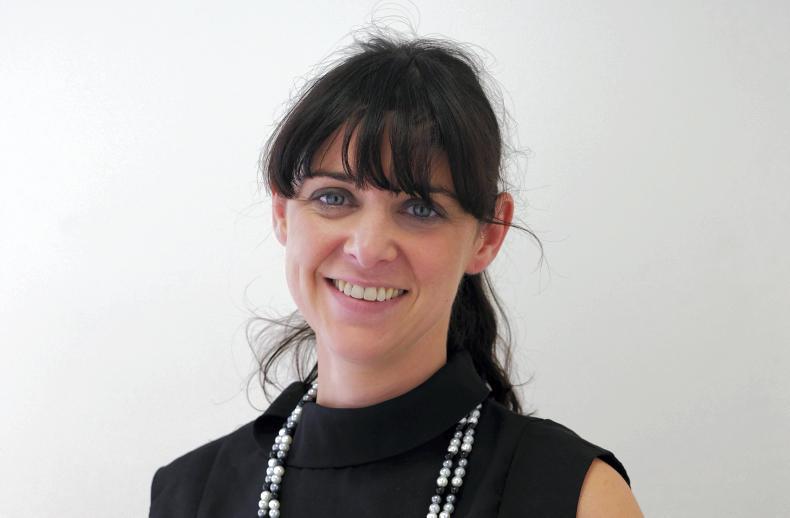
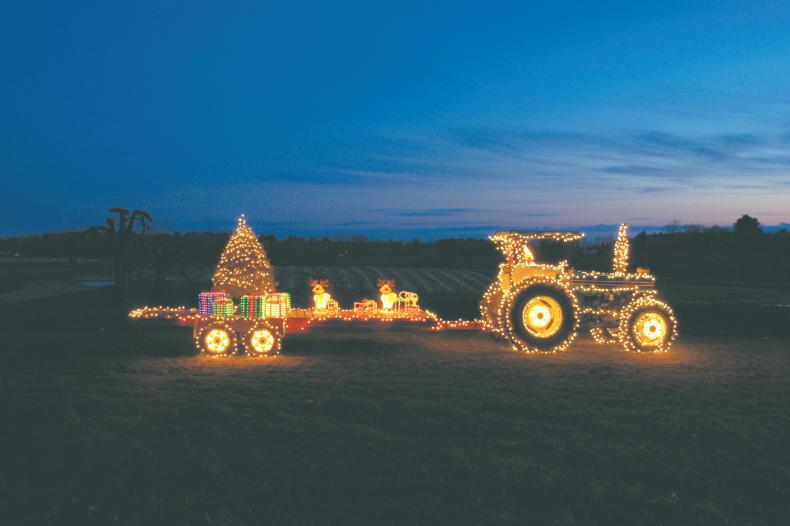
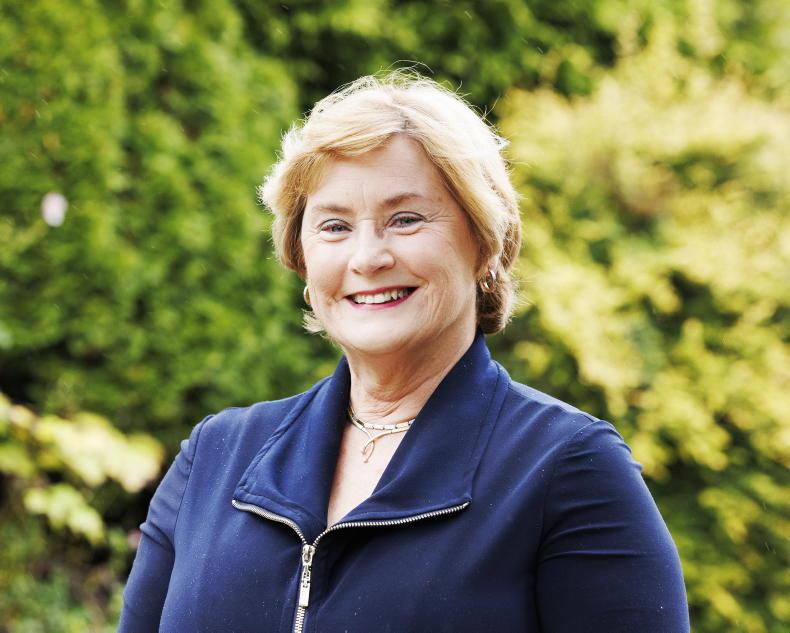
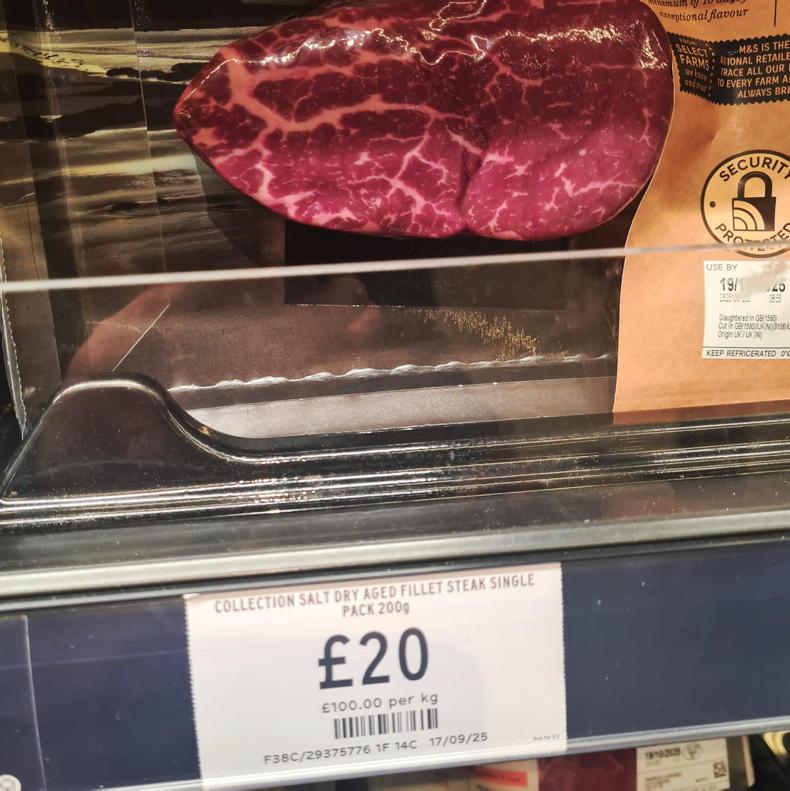
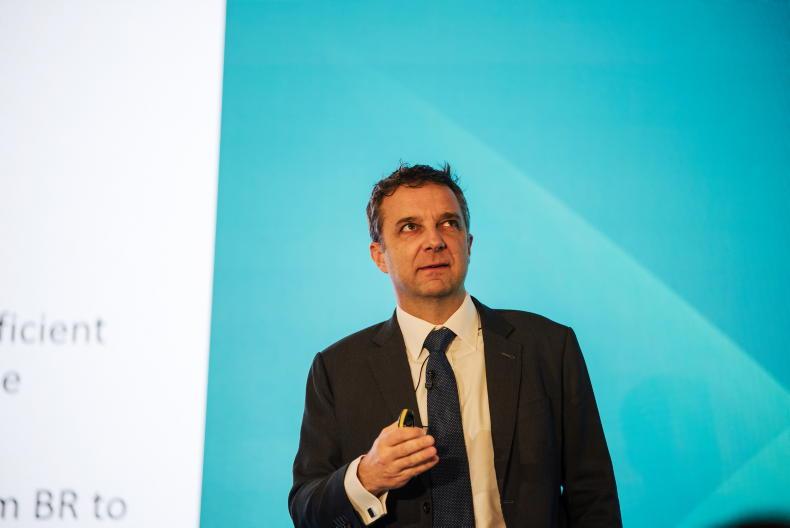
SHARING OPTIONS